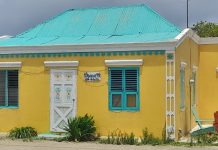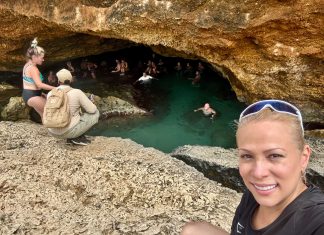The Aruba Hotel & Tourism Association has published the latest hotel performance data (last update May 19) showing the crisis’ effect on 2020 tourism so far. April’s 0 occupancy has affected the average for the first 4 months of the year as follows:
Occupancy: At 34.8 points lower than the same period in 2019, the 2020 year-to-date average occupancy rate is 53.6%.
ADR: The average daily rate (for occupied rooms) is 6.5% higher than the same period last year, at $359.14.
RevPAR: The revenue per available room is $192.38 year-to-date, a 35.4% reduction.
A month further into the COVID-19 crisis AHATA’s projection for the rest of 2020 has become more conservative. The situation is still unprecedented with very little confirmed information to count on. However, considering the current view of the situation in the United States, the fact that fewer people will travel prior to introduction of a vaccine, immense financial effects on individuals, and the turmoil in the airline industry, AHATA has updated its forecast.
At this point, AHATA expects the following trajectory for Aruba’s hotel occupancy recovery (if the border opens on June 15th):
| June | July | August | Sept | Oct | Nov | Dec | |
| OCC | 5% | 10% | 10% | 10% | 20% | 30% | 40% |
During the recovery period most companies shall experience higher cost than income levels. The government’s salary subsidy program offers relief as long as it is available. Reality remains that the crisis does not end when the lockdown ends. Many companies are not able to survive at the low levels of income that will be experienced for the months ahead. Some will need to restructure to survive and some will need to close their doors permanently.
For the reopening of Aruba’s borders, AHATA has recommended strict entry requirements to help reduce the number of imported COVID-19 cases. It is impossible to escape importation of new cases; however, a substantial limitation would help minimize the size of a second wave and consequently its impact on our healthcare infrastructure. AHATA is of the opinion that Aruba must do its utmost to avoid a second lockdown, which would cause more economic damage than the first one.

















